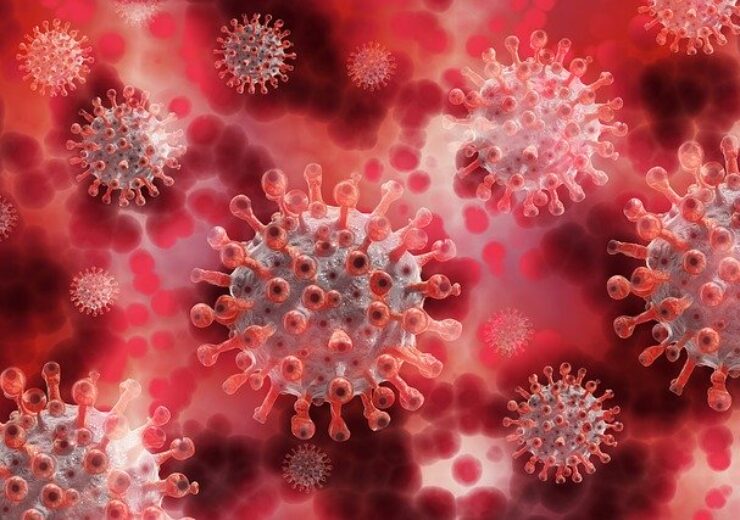Data shows 100% concordance with real patient samples; study supports CRISPR-based test diagnostic accuracy to detect COVID-19

Sherlock Biosciences releases clinical data from pilot study of CRISPR SARS-CoV-2 Kit. (Credit: Pixabay/Gerd Altmann.)
Sherlock Biosciences, an Engineering Biology company dedicated to making diagnostic testing better, faster and more affordable, has reported data from a 20 clinical sample pilot study conducted by Gregory J. Tsongalis, Ph.D., and his team at Dartmouth-Hitchcock Medical Center in Lebanon, NH. The study evaluated the accuracy and performance of the Sherlock CRISPR SARS-CoV-2 kit for the detection of nucleic acid from the novel coronavirus that causes COVID-19. Sherlock test results were 100 percent concordant with results from Dartmouth-Hitchcock’s lab-based polymerase chain reaction (PCR) test method.
“We have been encouraged by results from the pilot study of Sherlock’s CRISPR-based test,” said Wahab Khan, Ph.D., Assistant Director of the Laboratory for Clinical Genomics and Advanced Technology at Dartmouth-Hitchcock. “At a time when COVID-19 clinical diagnosis is in high demand – and often with limited resources – this approach highlights the value of mature, new technologies to provide valuable alternatives for the detection of not only COVID-19 but other emerging infectious diseases. We look forward to continuing our studies with CRISPR diagnostics with the goal of continually expanding our data set to characterize the value of this important molecular diagnostic approach.”
The Sherlock CRISPR SARS-CoV-2 test kit is designed for use in laboratories certified under the Clinical Laboratory Improvement Amendments of 1988 (CLIA), 42 U.S.C. §263a, to perform high complexity tests. The kit, for which Sherlock Biosciences recently received Emergency Use Authorization (EUA) by the U.S. Food and Drug Administration (FDA), is based on the SHERLOCK method, which stands for Specific High sensitivity Enzymatic Reporter unLOCKing. The Sherlock CRISPR collateral detection reaction identified SARS-CoV-2 across a range of viral loads with high accuracy in previously tested patient samples.
“Results from this pilot study have demonstrated – in real patient samples – that our CRISPR-based diagnostic test accurately reports the presence or absence of the SARS-CoV-2 virus,” said William J. Blake, Chief Technology Officer at Sherlock Biosciences. “We are grateful for an independent assessment of our test by leading molecular diagnostic experts at Dartmouth-Hitchcock and look forward to announcing additional data from their ongoing study in the coming weeks.”
Source: Company Press Release
